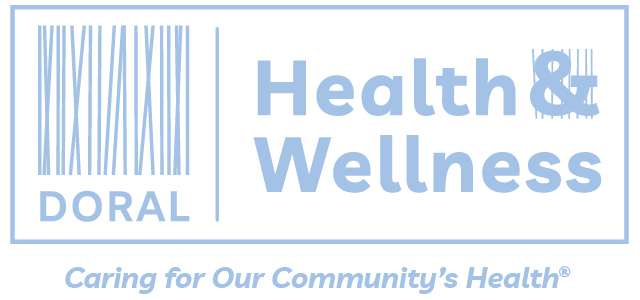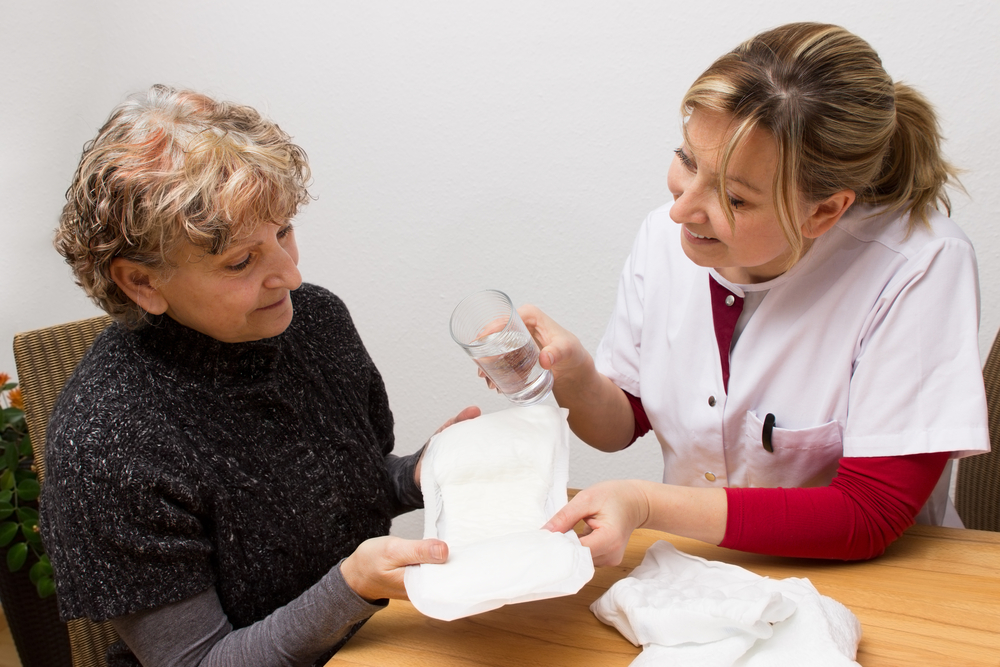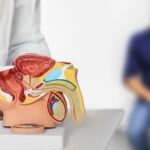Nocturia is the term used for excessive urination during nighttime. Usually during nighttime, your body produces less urine so you don’t need to wake up during the night to urinate and can have an uninterrupted sleep for 6 to 8 hours. But if you have nocturia, you need to wake up two or a few more times during the night to urinate.
You can consult the best urologist in Brooklyn if you have symptoms of nocturia. Contact us at Doral Health and Wellness Urology Center and talk to our specialist.
SYMPTOMS
The main symptom of nocturia is waking up during the night to go to the bathroom. Waking up, constantly, in the middle of the night to go the bathroom can affect your quality of sleep and also, the quality of your life. Most people cannot function well when they don’t get to have enough sleep. It makes them grumpy, irritable, and cannot concentrate on their daily routines.
CAUSES
Nocturia can be from a simple habit of drinking too much fluid before bedtime. Or it is caused by certain medications, medical conditions, or other bladder problems. It can also be caused by lifestyle habits, which affect both men and women. Underlying medical conditions that can cause nocturia can include:
- Diabetes
- High blood pressure
- Bladder obstruction
- Overactive bladder
- Prostate obstruction
- Menopause
- Pelvic prolapse
- Enlarged prostate
- Childbirth
- Interstitial cystitis
- Reduces bladder capacity
- Leg swelling
- Heart diseases
TREATMENT
There are several treatments for nocturia. But treatment is usually targeted toward the underlying cause of your condition. If sleep apnea is considered, you might be referred to a sleep specialist. If it is caused by any bladder issues, medications and/or surgery might be considered. But regardless of the cause, treatment for nocturia can include:
- Restriction of consuming fluid before nighttime
- Time intake of diuretics
- Taking afternoon naps
- Wearing of compression socks to prevent fluid accumulation
- Taking medications to reduce symptoms of overactive bladder
- Taking diuretics
PREVENTION
There are certain steps you can take to lessen the impact of nocturia. You can reduce fluid intake during the night or especially before nighttime. Avoid drinks that have high alcohol and caffeine content. Avoiding foods that are also bladder irritants can also help prevent your nocturia, such as chocolates, spicy foods, and acidic foods. Kegel exercises and physical therapy can help strengthen your pelvic muscles and can help your bladder control. Pay attention to what worsens your condition so you can modify your habits accordingly.
Because this condition can affect your sleeping habits, it can lead to sleep deprivation and fatigue. Talk to a medical provider to discuss treatment options that can help you with your condition. At Doral Health and Wellness Urology Center, our team of urologists will help you diagnose, treat, and manage your condition. To schedule an appointment, you can visit us at 1797 Pitkin Avenue, Brooklyn, New York 11212, or you may call us at 1-347-384-5690. You can also visit our website at http://www.urologistbrooklyn.com/.




